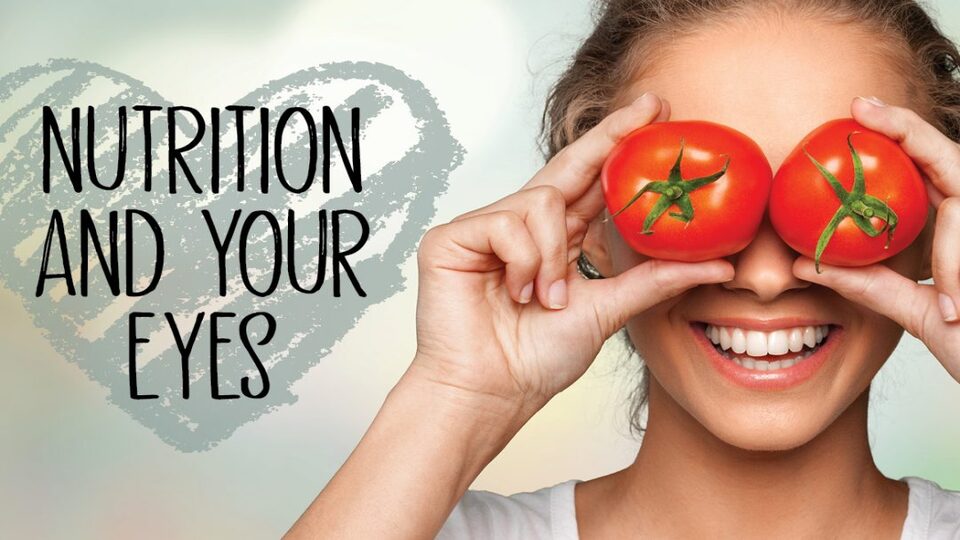Glaucoma: Simple Answers To Important Questions!
09/04/2025

05/04/2024
There is more evidence every day of the influence that nutritional habits have on the general condition of the individual. It is estimated that 70 per cent of the diseases that affect the human being have their origin in a poor diet , and that 50 per cent of the general mortality rate has a direct or indirect relationship with nutritional factors. We are what we eat, and the visual system is no exception. In fact, recent statistics show that about 80 per cent of eye conditions can be prevented.
From the point of view of eye health , dietary disorders can have an impact both by excess and by default. Thus, it is known that vitamin A deficiency can lead to night blindness, and that of vitamin B2 can lead to photophobia, corneal alterations and optic neuropathies. In the same way, excessive intake can be the starting point for certain diseases such as obesity, hypertension, diabetes mellitus and hypercholesterolemia, which can negatively affect our eyes by accelerating the progression of certain eye conditions.
Taking these data into account, it seems reasonable that a balanced and varied diet is vital to ensure an adequate functioning of our visual system. Recent studies have been able to demonstrate the protective effect of vitamins, antioxidants and other micronutrients consumption in various ocular pathologies, such as cataracts, glaucoma, age-related macular degeneration (AMD) and dry eye syndrome.